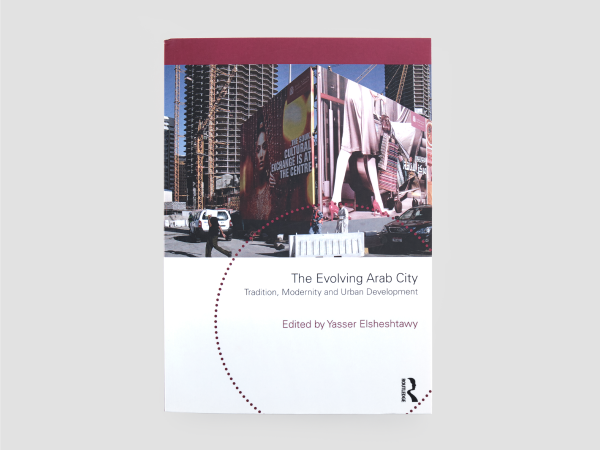Iraq was the first postcolonial state recognised as legally sovereign by the League of Nations amid the twentieth-century wave of decolonisation movements. It also emerged as an early laboratory of development projects designed by Iraqi intellectuals, British colonial officials, American modernisation theorists and postwar international agencies.
Familiar Futures considers how such projects—from the country’s creation under British mandate rule in 1920 through the 1958 revolution to the first Ba’th coup in 1963—reshaped Iraqi everyday habits, desires and familial relations in the name of a developed future.
Peasants were resettled on isolated family farms; rural boys received education limited to training in agricultural skills; girls were required to take home economics courses and adolescents were educated on the formation of proper families. Ultimately, the book shows how certain goods—most obviously, democratic ideals—were repeatedly sacrificed in the name of the nation’s economic development in an ever-receding future.
About the Author
Sara Pursley is Assistant Professor of Middle Eastern and Islamic Studies at New York University.
About the Publisher
Founded in 1892, Stanford University Press (SUP) publishes 130 books a year across the humanities, social sciences, law and business, informing scholarly debate, generating global and cross-cultural discussion and bringing timely, peer-reviewed scholarship to the wider reading public. Numerous recent accolades include the Hayek Book Award and an NAACP Image Award nomination, while its authors and their books frequently appear in impactful media outlets and leading academic journals. At the leading edge of both print and digital dissemination of innovative research, with more than 3,000 books currently in print, SUP is a publisher of ideas that matter and books that endure.





